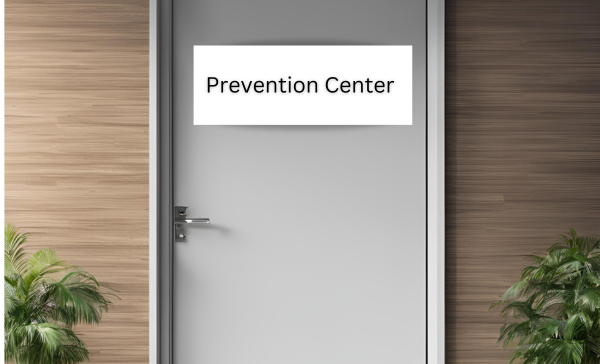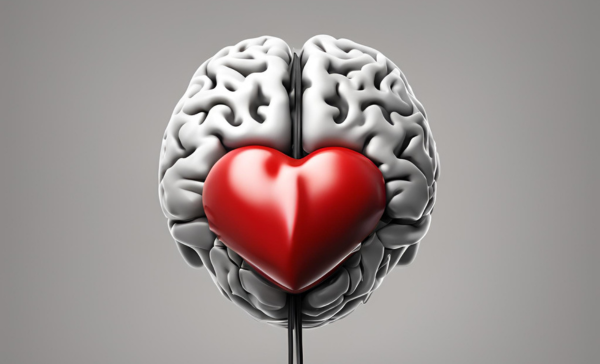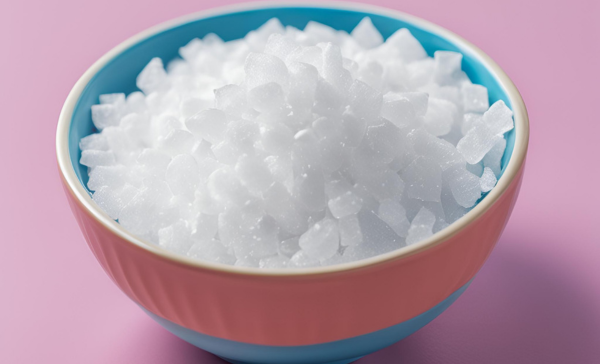by Sina Smith
Share
by Sina Smith
Share

Preventative Medicine
What Difference Does it Make?
Over the past few weeks, I’ve been attending to a family member who had to have emergency surgery.
She is 80 years old, lives independently in a two story home, eats a diet high in vegetables and fruits, drinks tea daily, exercises multiple times a week, participates in multiple book clubs every month, sings at church and in two other groups, and regularly drives 2-4 hours to take care of young grandchildren for a long weekend. She has regular spiritual practices and prays each day. She journals and reads for pleasure. Most of her TV programs are focused on maintaining her engagement with local, national, and international affairs (although I admit to introducing her to “Ted Lasso”). She also volunteers, teaches English as a second language to elementary students whose families are recent immigrants from other countries, and still finds time for local art shows and concerts.
It’s a good thing she is retired because she certainly doesn’t have time for a job!
The fullness and richness of her life as she has been aging has been a constant inspiration to me.
Many of you have likely read about or watched documentaries on the “Blue Zones:” places on earth where people regularly live to be 100 years old without chronic diseases and tend to die peacefully in their sleep.
The things that Blue Zones have in common is a diet rich in fresh fruits and vegetables with antioxidants and fermented foods, connection to others, a sense of purpose, daily movement, mindfulness, and mental engagement.
As this person demonstrates, it’s those everyday decisions that create health or slowly erode it. It’s the little things.
Pick a vegetable over a potato chip. Park a little further away in the parking lot to take a few more steps. Turn off the TV earlier in the evening to spend a few moments writing down your thoughts, fears, and aspirations at the end of your day or to read something that nourishes your higher purpose before you close your eyes. Reach out to a friend–don’t just “like” their post on Facebook or Instagram–be with them. Find time in your month to donate your wisdom and strength to a cause you believe in. These are the things that nourish you. They make you strong. They build resilience. They fortify you for the ebbs and flows of life. They keep your Qi and Blood healthy.
We tend to think about the Blue Zones as far away places and ideals that are difficult to meet. But because this family member prioritizes a healthy diet, connection to her community, movement, spirituality, and connectedness, when a surgical emergency arises, she has the physical, emotional, and spiritual support she needed to get through a crisis.
This is the beauty of preventative medicine, friends. We cannot prevent all crises, but we can prepare ourselves–all the parts of ourselves–for these trying situations when they arise.
Here’s to your health!
Every. Day.
Last week my cousin introduced me to the word “limerence,” and it’s been rumbling around in my brain ever since. It refers to infatuation or juvenile obsession.
Neotame was approved by the FDA in 2002, but data has just emerged that demonstrates it: - Damages the cells that line the gut tube - Disrupts the microbiome
In a study that involved almost 100,000 people, eating animal protein--especially red meat--was associated with poorer sleep quality. Eating plant-based proteins was associated with better sleep or had no association.
I thought it might be helpful to share with you some of the things that I’ve been doing ahead of surgery to prepare myself to heal optimally in case you are ever in a similar situation.





